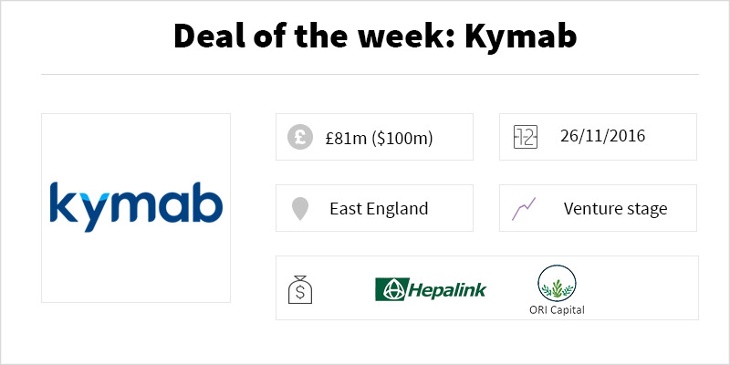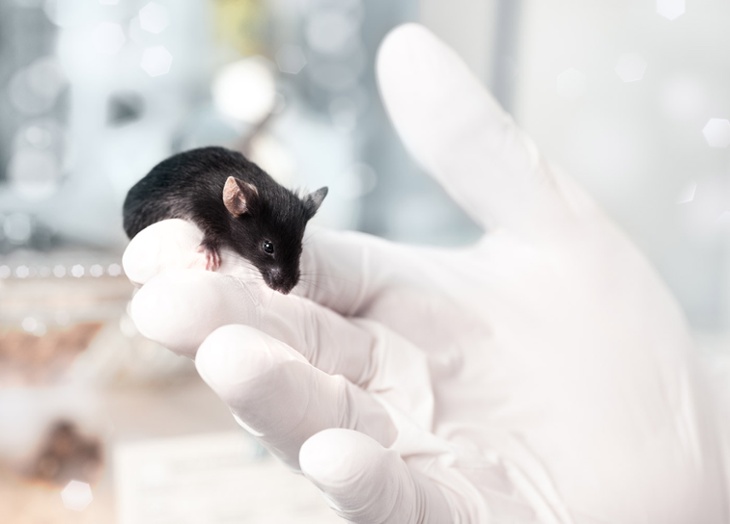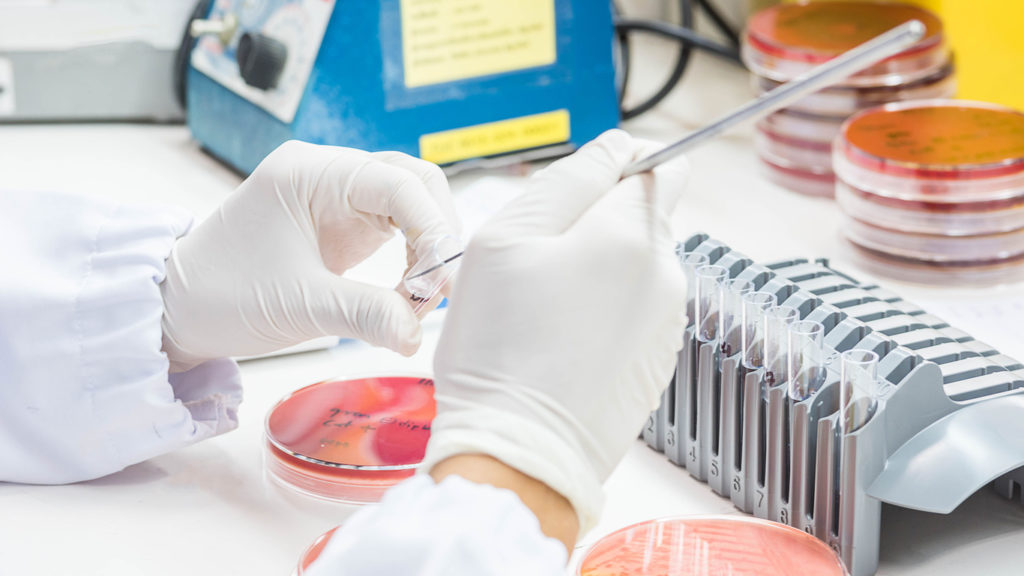Kymab receives funding injection of $100m
| Beauhurst
Category: Other

The 1st December each year marks World AIDS day. It is fitting, then, that this week has seen a colossal fundraising by Kymab, one of the life sciences companies at the forefront of research into the illness.
What do they do?
Kymab is discovering and developing human antibodies to treat diseases including HIV and malaria. The antibodies are produced from a single line of identical cells (‘monoclonal’) and are created inside laboratory-dwelling mice. These mice have been genetically engineered to contain the entire repertoire of human genes which affect antibody production (that is, genes which are responsible for some of the antibody variation between individuals).
This engineering process takes place without the removal of any mouse DNA, and without allowing the mouses’ own antibody-varying genes to interfere. Instead, 100 trillion human antibodies are created inside the animals, from which the most useful can be selected and extracted at will. The mice themselves are fertile, and behaviourally identical to their non-engineered peers.

What have they raised?
Kymab secured a huge $100m (£81m) this week, taking its total amount raised to £186m over six equity fundraisings. It is a venture-stage company based in Cambridge, and founded by Professor Allan Bradley who now works as its CTO.
The company’s previous funding round, in April of this year, raised £19.6m and saw Kymab achieve a pre-money valuation of £96m. Its largest funding round was in May 2015, in which it raised $50m for research and development from Malin Corporation and the Woodford Patient Capital Trust in exchange for a 16.9% stake.

Behind the money
This fundraising comes from investors including Shenzhen Hepalink Pharmaceutical Co , who invested $36.5m, ORI Healthcare Fund, and at least one business angel. Former investors of note, whose follow-on funding also contributed to this round, include the Wellcome Trust, the Woodford Patient Capital Trust, and the Bill & Melinda Gates Foundation.
The latter investment is no doubt a part of the Foundation’s dedicated strategy to accelerate the decline in HIV worldwide, alongside simplifying and broadening the availability of treatment post-infection. All the remaining investors into this fundraising have considerable experience in the pharmaceutical field: the Woodford Patient Capital Trust invests prolifically in pharmaceuticals and research tools; Malin Corporation invests exclusively in life science businesses, and both ORI and Hepalink are dedicated to healthcare and pharmaceutical research. The Wellcome Trust is a medical research funding body.
With intelligent investment and a valuation in the tens of millions, Kymab has a bright future. Beauhurst will be following its progress in HIV research most keenly.